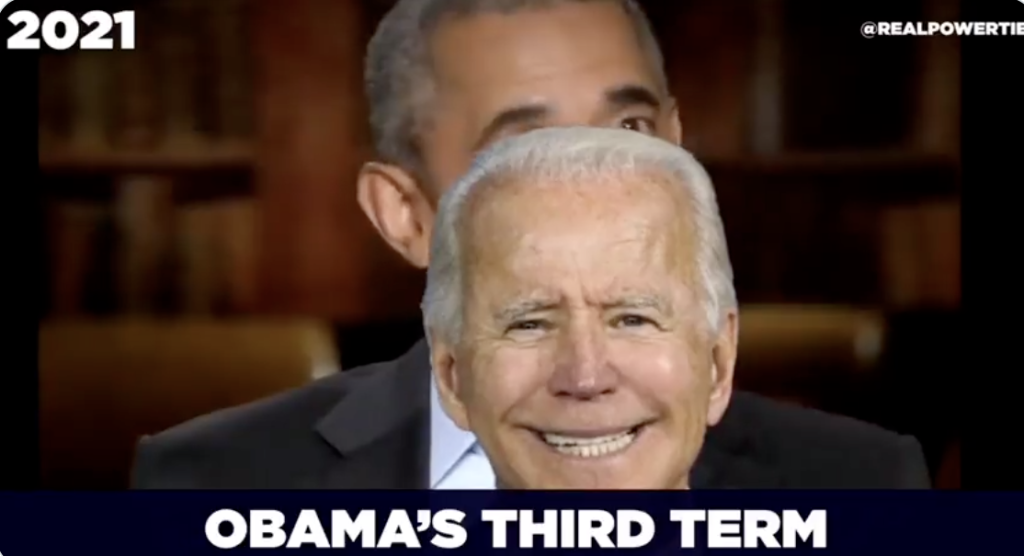
Please Follow us on Gab, Minds, Telegram, Rumble, GETTR, Truth Social, Twitter
Since the Oct 7 Hamas attack against Israelis on Israel soil, Secretary of State Antony Blinken hopscotched across the Middle East in a six-country Arab tour meeting with regional heads of state, where he received criticism behind closed doors. The meetings have not been pleasant.
The message from Blinken to the Arab leaders is that the Biden Administration is standing with Israel and the U.S. wants the regional leaders to contain any expansion of the Israeli Hamas conflict regionally.
Blinken communicated during his shuttle diplomatic tour that the U.S. and Israel are supporting humanitarian aid to Gaza even though aid still sits in a truck convoy at the southern Gaza gate in Egypt. The southern Gaza/Egyptian gate remains closed as a Gaza hospital on Tuesday was bombed in the Gaza Strip.
Egyptian officials on Tuesday condemned Israel for not allowing the aid inside Gaza while Palestinians officials had stated before the hospital strike that aid was much needed.
In Cairo this past weekend, Egyptian President Abdel Fattah el-Sissi did not hold back when meeting with Blinken telling him that the Israel-Gaza war threatens “the stability of the entire Middle East.”
President Biden is due in the Middle East on Wednesday and is very likely to hear that same message as he faces off with leaders of Jordan, Egypt and the Palestinian Authority in Jordan on Wednesday, after he travels to Tel Aviv to meet with Israeli leaders.
Unlike his predecessors, President Biden deprioritized to broker a lasting and wide peace agreement between Israel and the Palestinians.
Since the 1960s U.S. administrations were committed to peace negotiations at Camp David summits with shuttle diplomacy and public commitments to get Israeli and Palestinian leaders to settle their disputes that have ignited Middle East tensions for decades.
Since early in the Biden Administration, officials have advocated for more modest improvements in Palestinian freedoms and living conditions under Israeli Prime Minister Benjamin Netanyahu’s hardline government as he has encouraged settlement in the Israeli-occupied West Bank which includes coalition partners that oppose the U.S.-backed two-state solution.
The United States’ Arab partners are angry and pointing the finger at Biden’s failure to engage as Israeli-Palestinian violence rises.
Tuesday’s Israeli hit on a hospital in Gaza has ignited both Jewish and Arab leaders demanding a ceasefire immediately.
The Oc.t 7 Hamas attack in Israeli prompted Biden to deploy two carriers to the Mediterranean. From the Arab leaders’ perspective, that move signaled a threat to escalate the conflict with the migration of Palestinian refugees across borders.
Egyptian President Sissi fears the Israeli military offensive will push Gaza’s 2.3 million people across the border into his country and has cast blame on the Biden Administration for not putting pressure on Netanyahu’s government and the Palestinians to return to negotiations.
Tonight in the Central West Bank in Ramallah, protestors have taken to the streets in outrage for Israel’s bombing of a hospital in Gaza.
Subscribe to our evening newsletter to stay informed during these challenging times!!